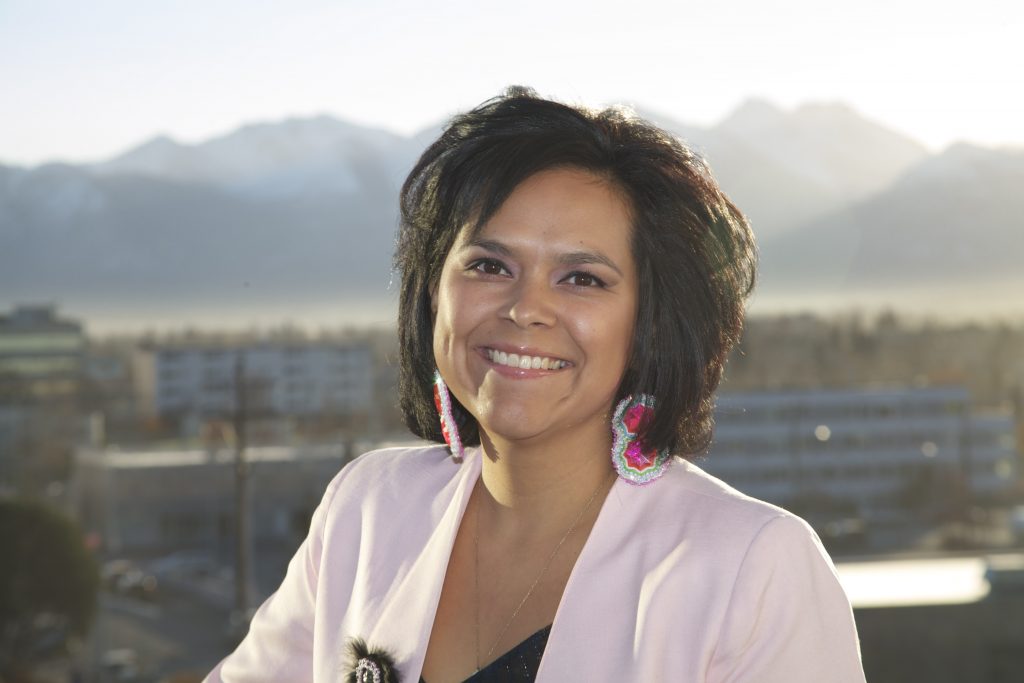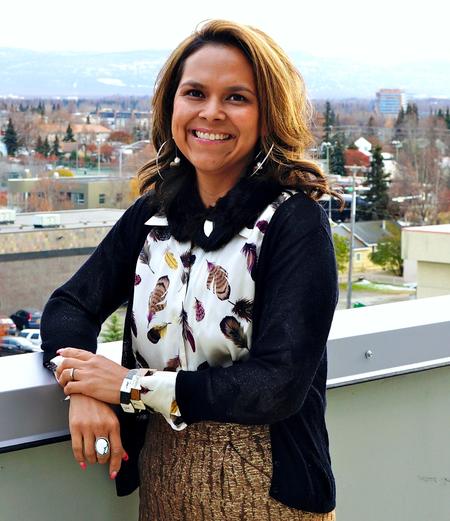Moving from Columbus Day to Indigenous Peoples Day
“A lot of these movements [to rename the day] are started at the grass roots level.”


Much of the country recognizes today as Columbus Day. Many workers, especially along the eastern seaboard, get work off for the holiday.
But the conversation around who Christopher Columbus was and what he represents in this country has intensified, spurring many communities around the country to rename the day Indigenous Peoples Day, recognizing the people who were most negatively affected by Columbus.
Among the communities to have officially gone to Indigenous Peoples Day as of last year are East Lansing and Ann Arbor. The entire state of Alaska has renamed the day. But what does the day — Columbus Day or Indigenous Peoples Day — mean to people who are of native heritage in America?
Antonia Gonzales, host of National Native News, joins Detroit Today with Stephen Henderson to talk about Columbus Day, the man behind that holiday, and Indigenous Peoples Day.
Gonzales says many Native American groups use the day to celebrate indigenous people and their contributions to society. She says a desire to rename Columbus Day began with these groups.
“A lot of these movements are started at the grass roots level,” she says.
Gonzales says Columbus Day marks the beginning of a period of time in the calendar year that can be painful for and insensitive toward native communities.
“Between this day through the Thanksgiving holiday… [we see] a lot of stereotypes” of Native Americans, she says.
Gonzales says embracing Indigenous Peoples Day helps people and communities recognize positive contributions of native people.
To hear more of the conversation, click on the audio player above.
